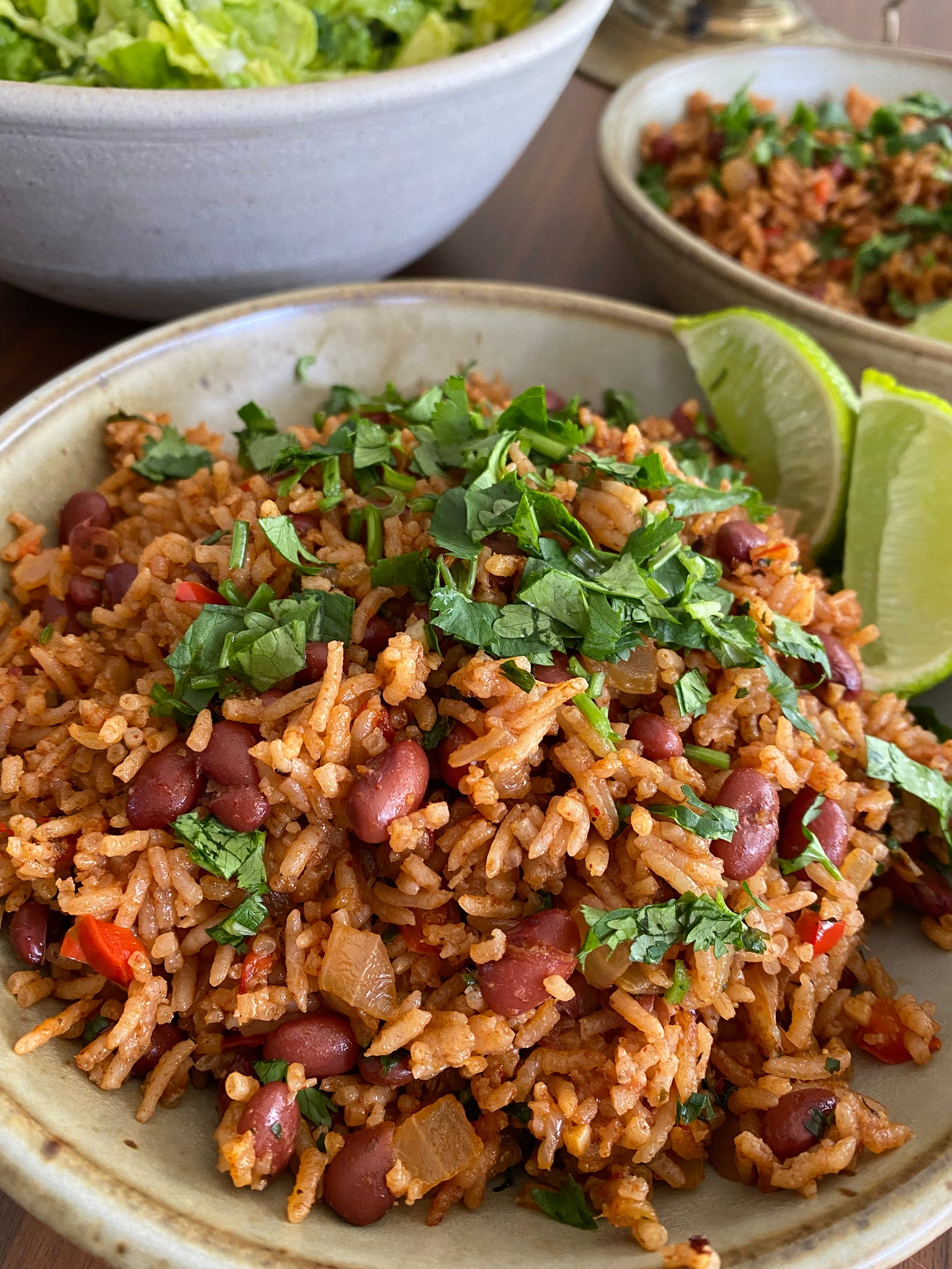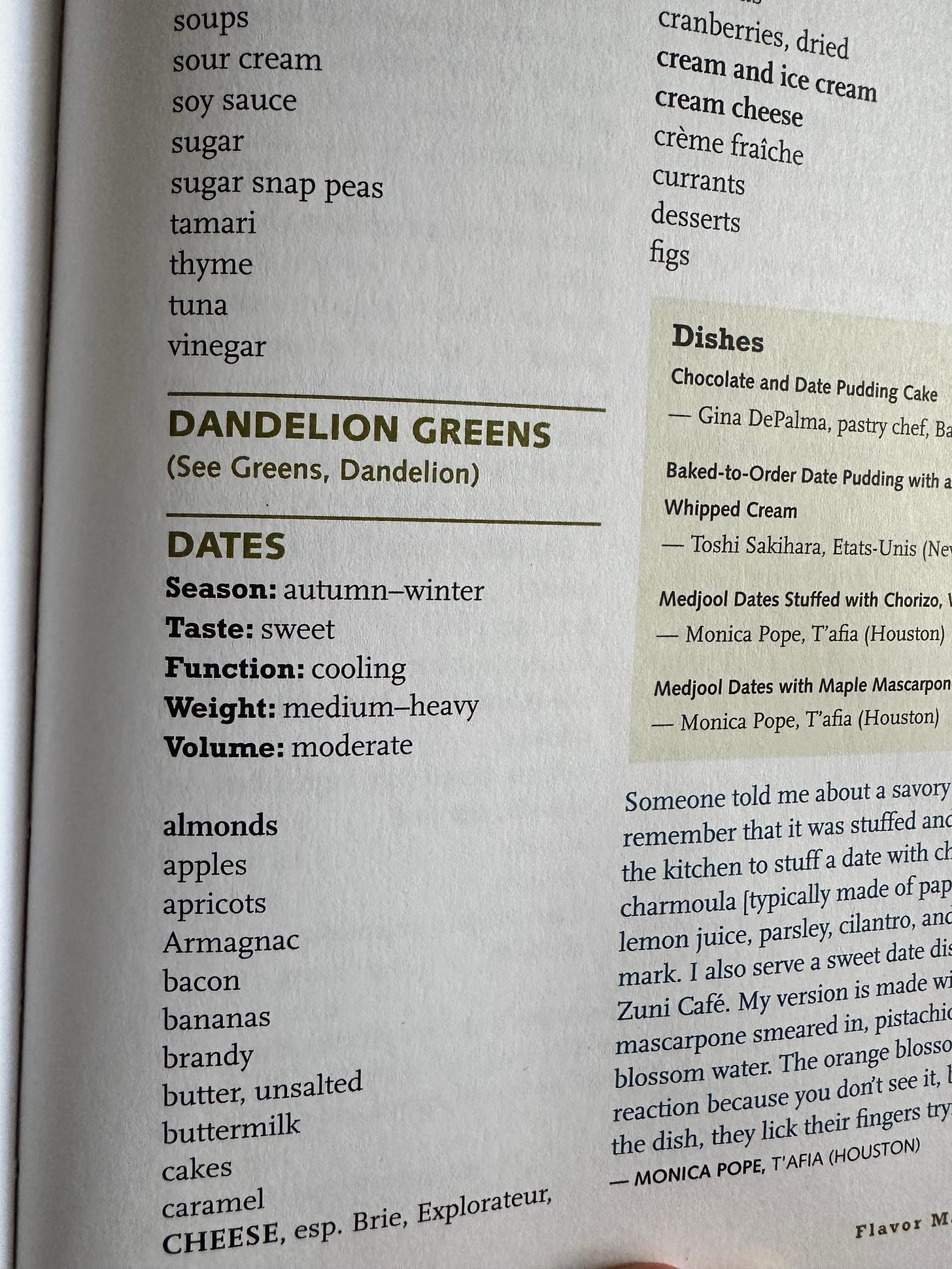Hey Broiler Heads! Welcome back to the kitchen. I’ve missed you. It’s the start of a new year which means lots of people have made resolutions that focus on health and fitness. While I hate the “New Year, New You” push that so many brands and influencers are shoving down our throats right now, they aren’t wrong. Lots of people are trying new exercises, diets, and routines waiting to see what will become a lifelong habit and what will fall away by February. I think if you make one resolution this year, it should be to cook more meals at home. It’s good for your health, your wallet, and the planet. There is only one thing you need to master on this road to becoming a lifelong home cook: substitutions. Inevitably you’ll come across a recipe you want to make that calls for an ingredient you can’t find, is too expensive, or that you don’t like. What you do next will make all the difference when it comes to turning this cooking goal into a lifestyle.
Before we get into how to make the best substitutions for your food, I need to show you why this skill is so important. Our latest book Hungry as Hell dropped in October which means I’ve been reading lots of reviews of my recipes by people with a wide range of cooking abilities. A lovely man who has purchased several of the books and is vegan put up a review on YouTube where he said his family didn’t really enjoy the handful of new recipes he made. OK, that’s fine, everyone has different palates. But if you keep watching the video, he made some seriously suspect substitutions for key ingredients. The resulting dishes were nothing like the recipes or anything resembling food you’d want to eat. For example, he made El Congri de Flor page 172 which is a wonderful smokey bean and rice dish based on the namesake Cuban staple. He didn’t have the chipotles in adobo which the recipe calls for and desperately needs to create the signature deep, smokey flavor. Instead, he subbed in pickled jalapenos just because the can had the word chili in it. He was doomed from there. Of course his family didn’t like the resulting dish. I wouldn’t either. Recipe developers like myself spend lots of time thinking up dishes, balancing flavors, and trying to make a meal that is as accessible as it is delicious. There’s an art and a science to it so you just need to take a sec and try and match that vibe.
First, if you are cooking a new recipe for a dish that you’ve never eaten before, I would strongly encourage you to prepare it as written. You don’t have enough info to make intelligent substitutions because you don’t even know what the resulting dish should taste like. My grandmother had never had Italian food but she decided to make spaghetti for her kids since it was getting popular in the South. Unable to find the ingredients she needed, she put ketchup on some pasta and thought it’d be fine because tomatoes are tomatoes, right? It was not fine. It was so bad that in a family that isn’t short on funny stories, I still hear about that dinner 60 years later. Don’t set yourself up for failure and a place in your family lore, ok? Make it as written or save it for later.
Second, if a recipe calls for an ingredient that you don’t have and have never used, don’t substitute wildly. Look it up and see what the fuck it is. We have this magical tool at our disposal called “the internet.” You will find endless articles and recipes using whatever your mystery ingredient is so you can get the jist of what you are dealing with and why people use it. Hell, if you type in “what can I substitute for blah blah blah” it will also give you suggestions. If this man had looked up chipotles in adobo, he would have seen that they are smoky and are used specifically to bring that flavor into a recipe. That’s the ingredient’s role in the dish. Don’t substitute something before you understand why the hell it’s in the recipe in the first place. It’s common sense but it’s a mistake I see all the damn time. Take a second and ask: is there a substitution I could make that would fulfill the same role in the recipe as the original ingredient? Is the texture, taste, volume similar? Then you can look in your own kitchen and see what other smoky ingredients you have in your kitchen that could maybe do the job. A couple teaspoons of smoked paprika would have worked great. You just need to think about it for a second instead of grabbing the closest jar.
Let’s try another example. Say you want to make this killer Lasagna Stew I made last year but you hate mushrooms. What’s the move? It calls for 8 ounces of mushrooms (the typical size of the containers sold at most grocery stores) so if you leave them out entirely, you are gonna miss a lot of flavor, texture, and volume in your final dish. You want a substitution or two that will make up for all that’s missing. You might not like the taste or texture of mushrooms but they are usually in meatless recipes to bring umami and depth to the flavor of the dish. So you’d want to add some more umami-rich ingredients to the dish- like more tomato paste and/or Braggs- to make up for what’s been omitted. Then you can add another vegetable that has a mild flavor like zucchini to make up for the missing volume and veggie chunks you’d find in the original recipe. The resulting dish will be much better than if you just left the shit you don’t like out. Makes sense right? After you do this a couple times it will become second nature, I swear.
Substitutions don’t need to be scary. Just remember to ask yourself a few short questions before you start throwing ketchup on your noodles.
· What is the role of the ingredient I don’t have/can’t find/don’t like in the dish?
· Did you search for any tips or info online?
· Is the substitution fulfilling the same role in taste, texture, volume, and purpose as the original ingredient?
· If not, what else do I need to add to the recipe to achieve similar results?
Running down this checklist should be enough to keep you from truly fucking up your dinner. But if you are the kind of person who needs just a little more help coming up with what to substitute in (no shade) I strongly encourage you to grab a copy of The Flavor Bible or The Vegetarian Flavor. I’ve had my copy FOREVER and I still use it all the time including in tomorrow’s recipe drop. You can look up the ingredient you are trying to substitute, and the entry will have lots of notes on the flavor and what it’s typically used in. You can also look up the main ingredients for the recipe you are using so you can substitute in things that taste good together. Seriously, you will use these books forever and they are a great help when your brain is coming up empty.
Now go forth and tackle your cooking and diet resolutions with some damn confidence. I’ve got faith that you won’t waste any more of your time and money making something that’s headed right for the garbage. Still have your doubts? You can always email me or drop a comment below and I’ll try and help as soon as I see it. Have any truly heinous cooking substitution stories you wanna share? I’d love to read them in the comments.








When I was younger, my mother would not buy SpaghettiOs, so my brother and I would put ketchup on spaghetti and we’d loved it. As a latchkey Genxer, left alone after school. I came up with a lot of really horrible food combinations. Mrs. Paul’s frozen fried cod with canned corn anyone? Luckily, my pallet has changed since then.
Once by accident, I used apple cinnamon oatmeal in a meatloaf recipe…. It was not good. Not even the dog wanted it.
I brought it to the attention of the “man” some of his obvious substitution errors. It fell on deaf ears. So that channel is on my mute list now.
Thanks for the book recommendations!